

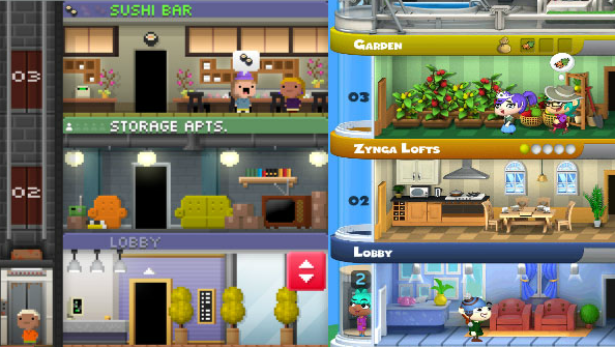
One of my more anticipated panels of this year's GDC featured a roundtable discussion between Jordan Mechner, Tim Sweeney, Adam Saltsman, Markusb "Notch" Persson, John Romero, and Jane Pinckard. These industry greats talked about a ton of fascinating stuff, but a recurring theme during the conversation was the issue of cloning social/mobile games, which has become a significant problem amongst the indie development community.
In fact, cloning is now so common, and the threat it represents so great, that John Romero (who founded a social game studio) feels he has to keep extremely tight-lipped about his projects, less they be stolen by a larger publisher. Whether or not this level of paranoia is really necessary or not isn't fully understood, but when huge companies like Zynga can blatantly clone popular games from smaller, less-successful companies, it's sensible that at least some precautions be taken.
Unfortunately, one fundamental aspect of the indie dev-scene has a direct correlation to the ever increasing commonality of cloning efforts by Zynga and others. : An open, sharing community of developers that spread hard-learned concepts amongst themselves to benefit everyone is inherently under threat of having those concepts stolen.
Sweeny's advice for avoiding cloning was straightforward and perfectly logical:
1)Make your game complicated enough that it would take competitors too long to catch up with your development efforts. By the time they did, your game would already be out the door and firmly entrenched.
2)Employ a passionate team of talented developers that produce content which simply can't be duped without a significant amount of time and effort (something the major publishers/developers aren't usually willing to sacrifice)
Tim ended his rant by stating that "...Epic made a conscious decision to produce games that Zynga couldn’t clone.”


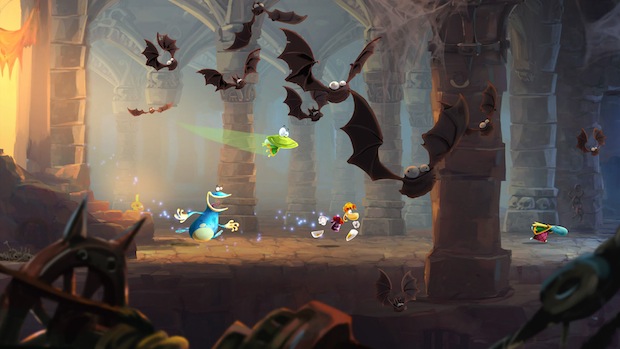
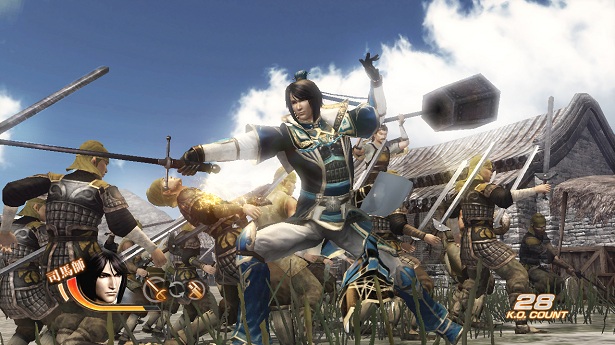
 10 Great Gifts for Photographers
10 Great Gifts for Photographers CoD Black Ops 3 Earn Crypto Keys - guide
CoD Black Ops 3 Earn Crypto Keys - guide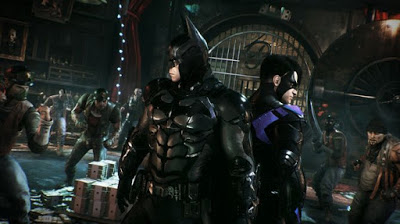 Batman Arkham Knight quick and simple leveling guide
Batman Arkham Knight quick and simple leveling guide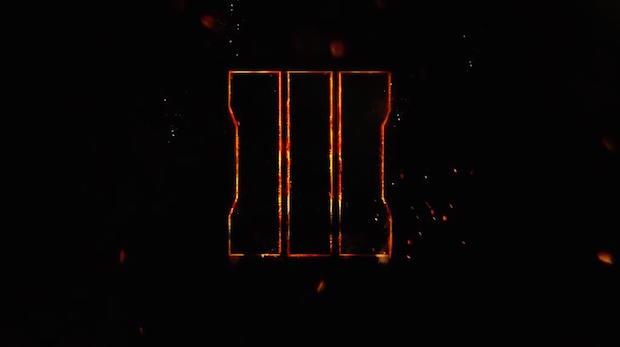 How to Unlock Dark Ops in Call of Duty: Black Ops 3
How to Unlock Dark Ops in Call of Duty: Black Ops 3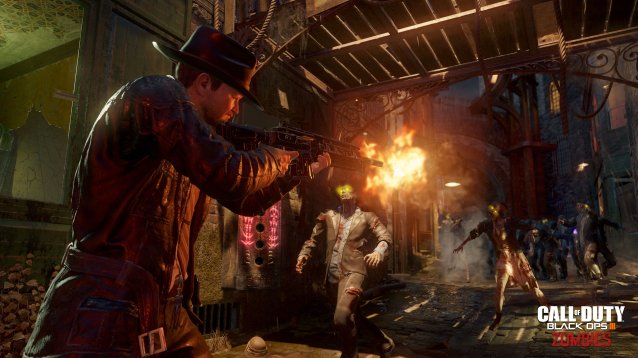 Call of Duty: Black Ops 3 Zombies Mode Easter Eggs Guide
Call of Duty: Black Ops 3 Zombies Mode Easter Eggs Guide